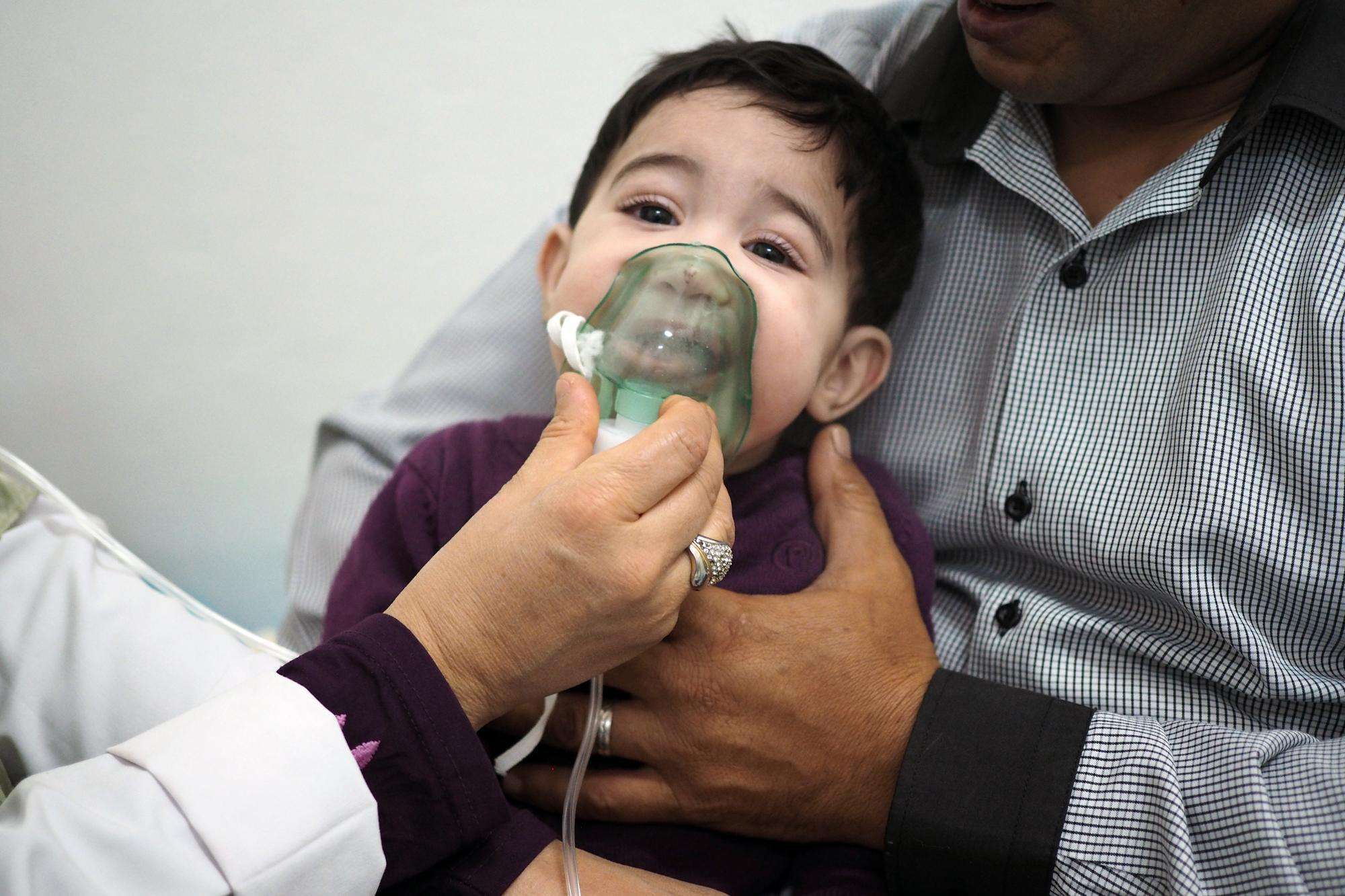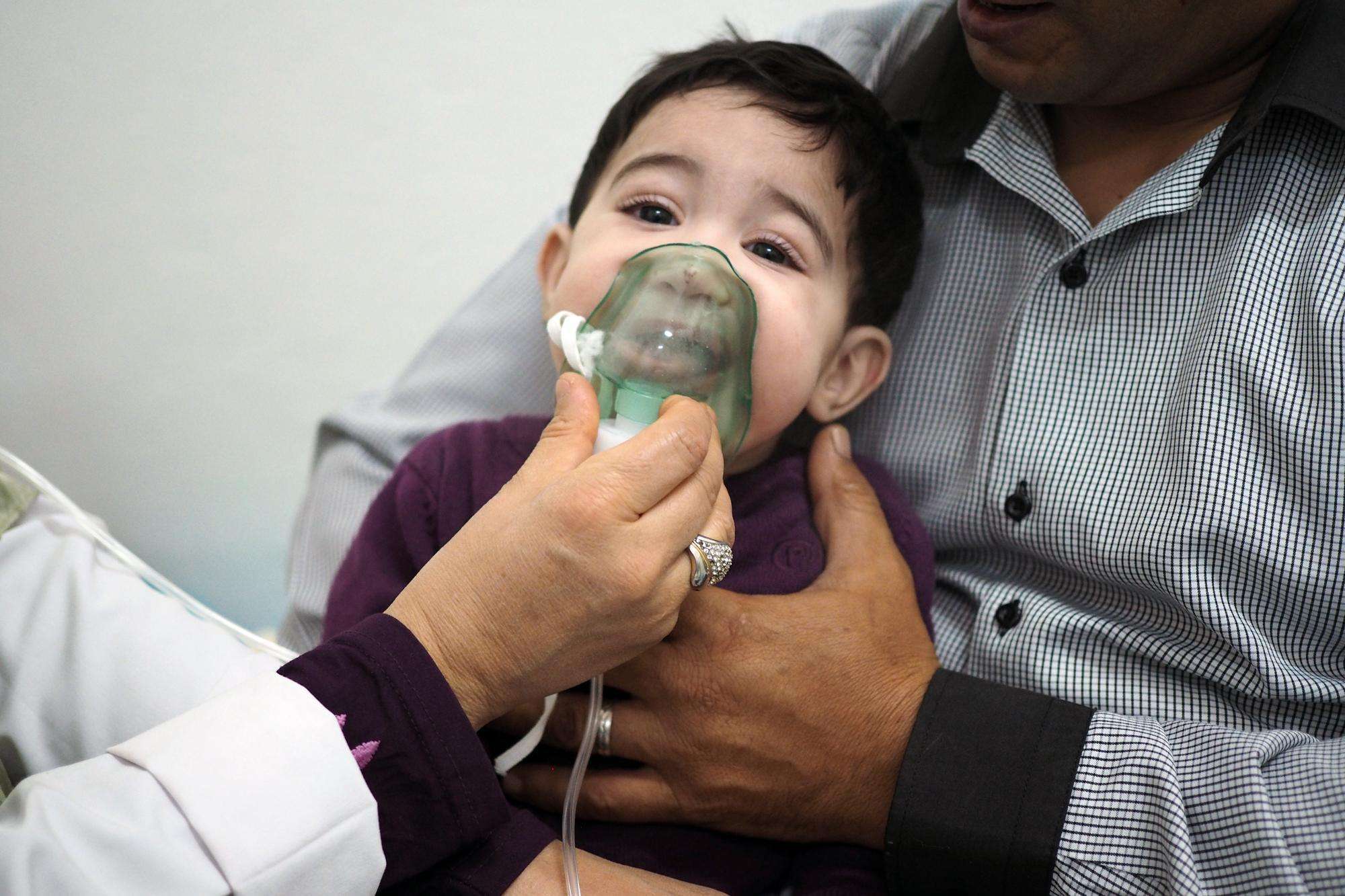Australian Nurse Colin Watson has completed seven missions with MSF. He recently returned from a three-month mission in Libya during which he worked as a nursing supervisor in the emergency room of Al Abyar hospital, 60 kilometers [36 miles] east of Benghazi. Here he discusses the profound impact conflict has had on Libya’s health system:
This was my second mission in Libya with MSF. I first visited Libya in 2011 during the Libyan revolution and at that time I worked in a surgical project in the city of Misurata. This time, I had traveled to Libya to take up the position of nursing supervisor in the emergency room of Al Abyar hospital.
Al Abyar is a small town of about 30,000 inhabitants located 60 kilometers east of Benghazi. MSF has a number of projects in eastern and western Libya and is doing an assessment in the south. In Al Abyar, we support the local hospital, specifically upgrading the emergency room facilities and providing training for the nurses and doctors in trauma management.
The conflict in Libya has had a profound impact on the health system. Prior to 2011 Libya had a modern and functional health care system. It was, however, a health system that depended heavily on foreign workers — particularly nurses. Libya has long relied on foreign nurses and the practice of "outsourcing to experts" has significantly devalued Libyan nurses, causing them to be largely excluded from hands-on patient care.
With the onset of armed conflict in 2011, many foreign workers left the country. This caused a severe shortage of nurses, and the health system is now in critical state.
Read: Ongoing Conflict Severely Impacting Medical Care in Libya
In the succeeding five years, the country has transitioned from revolution to civil war. The foreign nurses have not returned and as such the health system is chaotic.
Five years of armed conflict have disrupted supply chains and now medical stocks are in short supply. A shortage of drugs, surgical and laboratory supplies is limiting the delivery of health care. In particular, the care of people with chronic disease is becoming increasingly precarious.
Libya has struggled to develop its own nursing work force. There are no nationally recognized nursing curricula in Libya, and training can vary from three months to four years. In secondary care hospitals such as Al Abyar, nurses with inadequate and inconsistent training are being employed to fill staffing needs without attention to educational qualifications or clinical proficiency.
These are some of the challenges we faced daily in the emergency room in Al Abyar hospital. The emergency room saw a constant stream of patients throughout the day presenting with a range of conditions from minor ailments to major trauma. A particular focus of my work was training the nurses in triage and trauma management.
Despite the obvious issues of language, I was able to forge good working relationships with my Libyan colleagues. With patience, respect and good humor it was possible bridge the cultural and linguistic divide and put in place the foundations for safe and reliable emergency care.
But with no end in sight to the conflict in Libya and the prospect of an ongoing civil war, the health care needs will remain for the immediate future. I worked with a doctor from Benghazi who spoke of the tragic consequences of not having access to essential medicines.
“What should I do?” he asked me.
“I know my patient will die without medicine but all I have to give him are the tears in my eyes,” he said.





